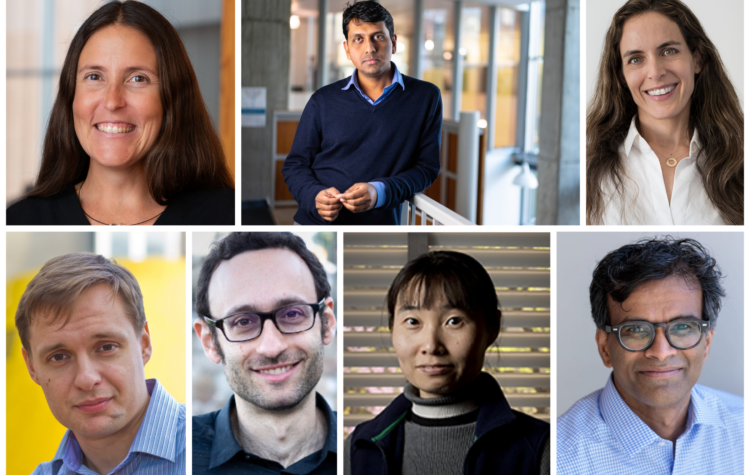
Department of EECS names new chair recipients
The new chairs became effective July 1.

A technique for more effective multipurpose robots
With generative AI models, researchers combined robotics data from different sources to help robots learn better.
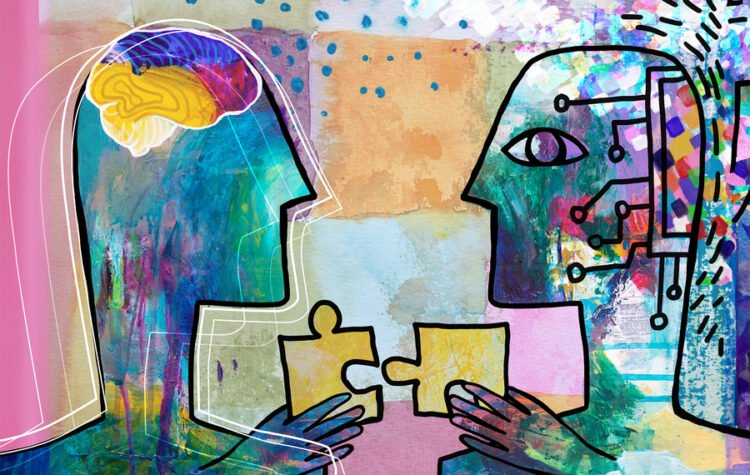
New method uses crowdsourced feedback to help train robots
Human Guided Exploration (HuGE) enables AI agents to learn quickly with some help from humans, even if the humans make mistakes.

Unpacking the “black box” to build better AI models
Stefanie Jegelka seeks to understand how machine-learning models behave, to help researchers build more robust models for applications in biology, computer vision, optimization, and more.

Learning on the edge
A new technique enables AI models to continually learn from new data on intelligent edge devices like smartphones and sensors, reducing energy costs and privacy risks.
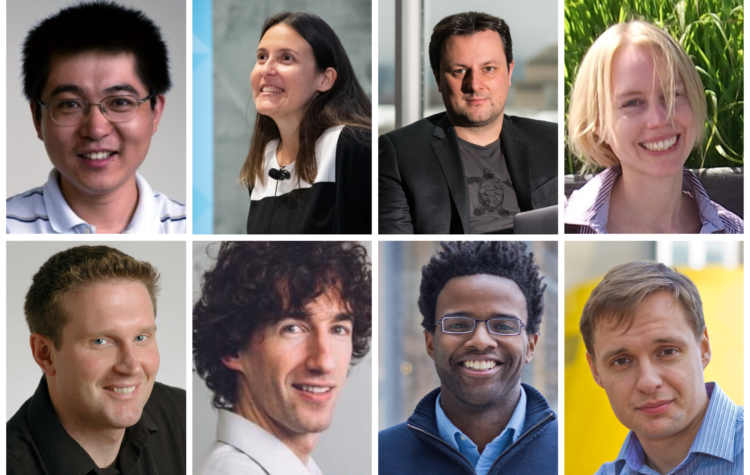
Department of EECS announces 2022 promotions
The Department of EECS is proud to announce the following promotions and hire: To Associate Professor with tenure Guy Bresler is being promoted to Associate Professor with tenure, effective July 1, 2022. Bresler…

A new methodology simulates counterfactual, time-varying, and dynamic treatment strategies, allowing doctors to choose the best course of action.
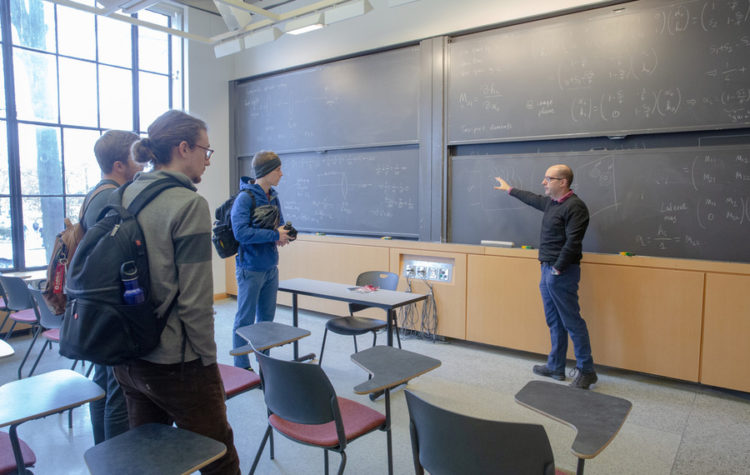
Physics and the machine-learning “black box”
In 2.C01, George Barbastathis demonstrates how mechanical engineers can use their knowledge of physical systems to keep algorithms in check and develop more accurate predictions.
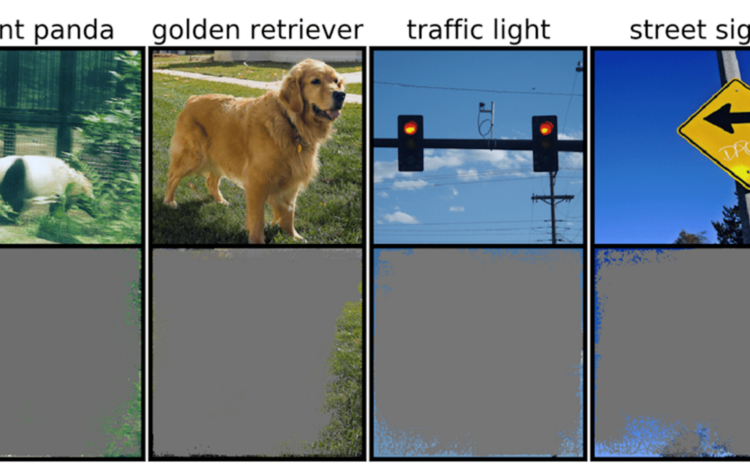
Nonsense can make sense to machine-learning models
Deep-learning methods confidently recognize images that are nonsense, a potential problem for medical and autonomous-driving decisions.